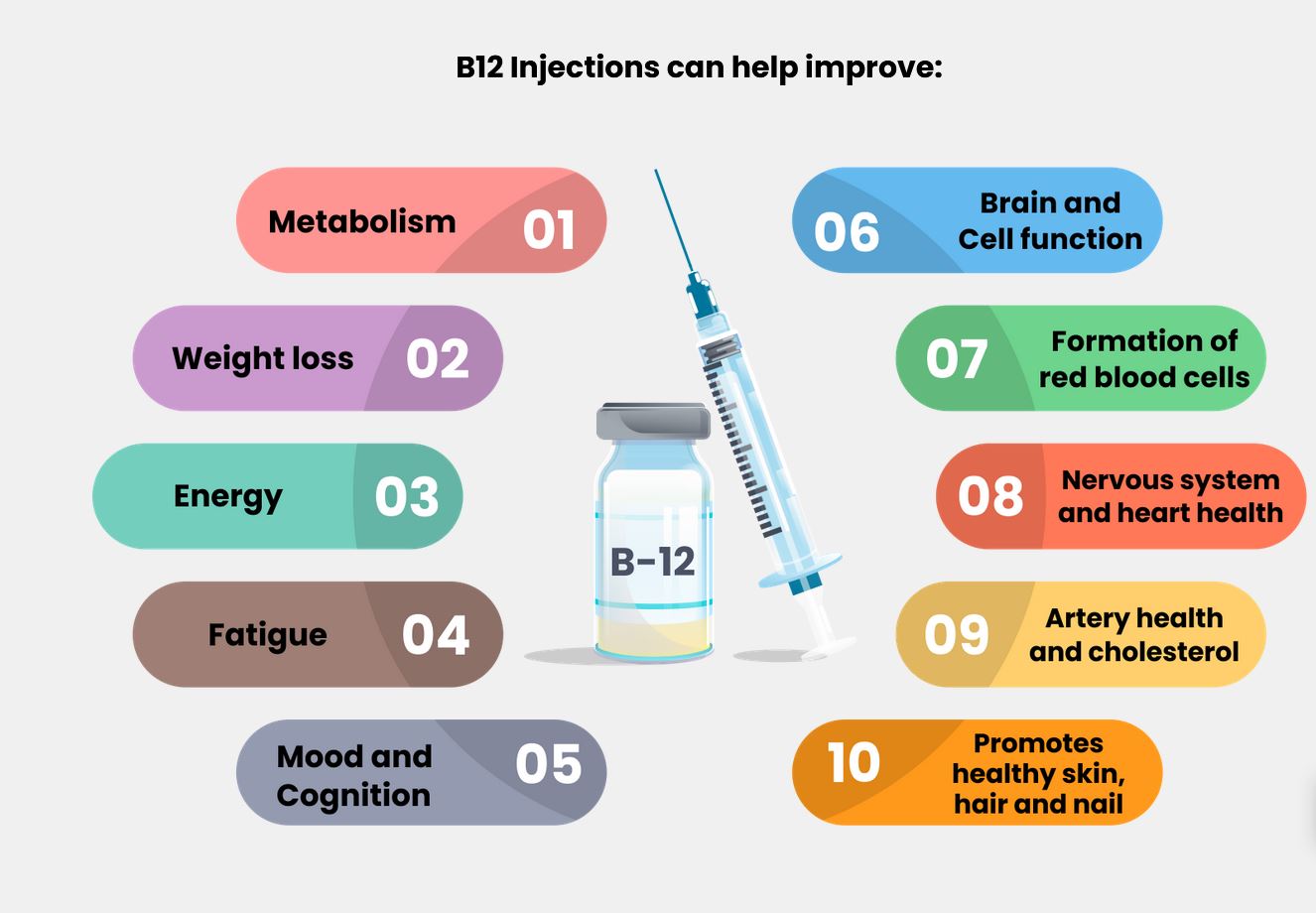
Table Of Contents
Increasing Libido and Sexual Function
Testosterone plays a crucial role in regulating libido and overall sexual function in men. As levels of testosterone naturally decline with age, many men experience a decrease in sexual desire, which can impact their relationships and self-esteem. Increased testosterone levels can enhance libido, making it essential for men to seek appropriate support if they notice changes in their sexual health. Men's Health Services in various locations often provide hormonal assessments and treatment options to help address issues related to low testosterone.
In addition to boosting libido, testosterone is essential for other aspects of sexual health, including erectile function. Adequate testosterone levels support the physical processes involved in achieving and maintaining an erection. When testosterone levels are optimized, men may notice improvements in their sexual performance, enhancing not only their individual confidence but also their intimate relationships. Men's Health Services in multiple centers can offer tailored solutions to help maintain optimal testosterone levels, ultimately leading to better sexual health and satisfaction.
Testosterone's Impact on Sexual Health
Testosterone plays a crucial role in enhancing sexual health for men. It influences libido, stamina, and overall sexual function. The hormone is linked to the development of secondary sexual characteristics and directly affects the body's ability to achieve and maintain an erection. Low testosterone levels can lead to various sexual health issues, making regular assessments important.
Men's Health Services in many clinics provide testing and treatment options for those experiencing symptoms of low testosterone. These services help identify hormonal imbalances that can affect sexual performance and overall well-being. Addressing these issues can lead to improved sexual health and a better quality of life.
Managing Weight and Metabolism
Testosterone plays a significant role in managing weight and metabolism. It influences the distribution of body fat and the maintenance of muscle mass, both of which are critical for overall health. Higher testosterone levels are often associated with a lower percentage of body fat and increased muscle strength. Men might find that maintaining healthy testosterone levels can aid in effective weight management, especially as they age. This makes it important for men to consider their hormone levels when addressing weight-related concerns.
Men's Health Services in various communities are increasingly recognizing the importance of testosterone in weight management. Comprehensive evaluations often include hormone level tests to assess if low testosterone might be contributing to weight gain or difficulty losing weight. By addressing hormonal imbalances, men may experience improvements in metabolic function, leading to better weight control. Furthermore, healthcare providers can recommend lifestyle changes that complement testosterone therapy, enhancing overall effectiveness in achieving a healthy weight.
How Testosterone Contributes to Weight Maintenance
Testosterone plays a crucial role in regulating body composition. It influences fat distribution and muscle mass, contributing to overall metabolic health. Higher levels of testosterone are often associated with a lower percentage of body fat and increased lean muscle, which collectively support efficient energy expenditure. This hormonal balance is essential for maintaining a healthy weight, as excess fat can lead to various health issues, including diabetes and cardiovascular diseases.
Men's Health Services in various clinics often highlight the importance of testosterone for effective weight management. Assessing and treating low testosterone levels can be an important part of tailored weight loss programs. Restoration of optimal testosterone levels may enhance metabolism and improve insulin sensitivity, which are vital for maintaining a healthy weight. Regular evaluations and individualized treatment plans can help men achieve better health outcomes.
Strengthening Cognitive Functions
Testosterone plays a significant role in maintaining cognitive functions, which is crucial for overall well-being. Research indicates that higher testosterone levels are associated with improved memory and sharper cognitive abilities. This hormone influences various brain regions responsible for processing information, emotional regulation, and strategic thinking. As men age and testosterone levels decline, they may experience challenges such as memory lapses and difficulties in concentration, potentially impacting daily life and productivity.
Men's Health Services in many regions emphasize the importance of monitoring hormone levels as part of preventive care. By addressing low testosterone levels, individuals may experience improvements not only in mental clarity but also in mood stability. Maintaining optimal testosterone levels is essential for fostering cognitive resilience and enhancing overall brain health, ultimately contributing to a higher quality of life for men. Regular check-ups and consultations can help identify hormonal imbalances early on and promote proactive health management.
Testosterone's Role in Memory and Brain Health
Testosterone plays a significant role in preserving cognitive function and promoting brain health. Studies have indicated that adequate testosterone levels can enhance memory and verbal processing skills. Research suggests that testosterone may influence the growth of neurons and synaptic connections in the brain, particularly in areas associated with memory and learning. Low testosterone levels have been linked to cognitive decline, underscoring the hormone's importance in maintaining mental acuity as men age.
For men experiencing cognitive challenges, seeking out Men's Health Services in local clinics can provide valuable support. These services often include screening for hormone levels, offering a clearer understanding of how testosterone affects mental performance. By addressing hormonal imbalances, men can take proactive steps to improve their cognitive health, potentially leading to enhanced memory retention and overall brain function.
FAQS
What is testosterone and why is it important for men's health?
Testosterone is a hormone produced primarily in the testes that plays a crucial role in various bodily functions, including sexual health, muscle mass maintenance, fat distribution, and cognitive functions. It is important for overall well-being in men.
How does testosterone affect libido and sexual function?
Testosterone is linked to increased libido and improved sexual function. It helps regulate the sexual drive and the ability to achieve and maintain erections, which are essential for sexual health.
Can low testosterone levels lead to weight gain?
Yes, low testosterone levels can lead to weight gain as the hormone is integral to fat metabolism and muscle mass maintenance. When testosterone levels decline, men may experience an increase in body fat and a decrease in lean muscle.
Is there a connection between testosterone and cognitive functions?
Yes, testosterone plays a role in cognitive functions, including memory and overall brain health. Adequate testosterone levels are associated with improved cognitive abilities, while low levels may contribute to cognitive decline.
How can men boost their testosterone levels naturally?
Men can increase their testosterone levels naturally through regular exercise, maintaining a healthy diet, managing stress, getting enough sleep, and avoiding excessive alcohol consumption.







